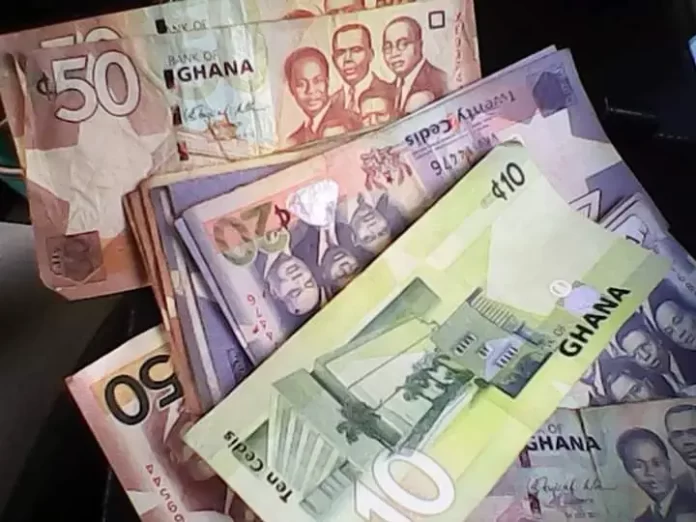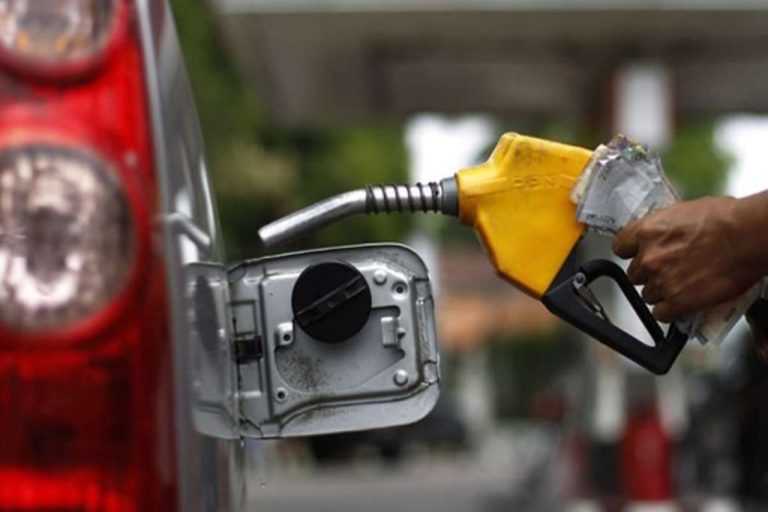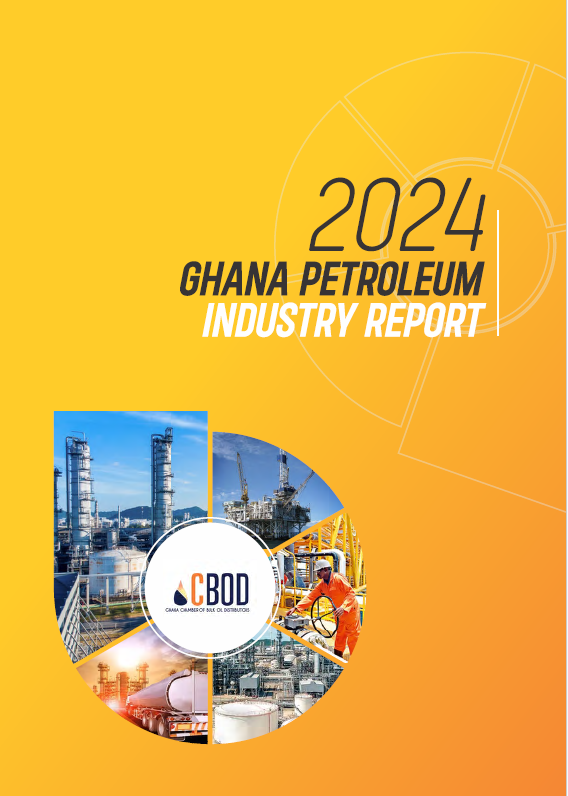The Ghana Chamber of Bulk Oil Distributors (CBOD) has asked the Government to enhance measures to stabilise the cedi to ensure reduced fuel prices for Ghanaians.
According to the Chamber, a strong cedi is critical to affordable petrol and diesel prices, which would also support business growth and cushion the public from the associated hikes in prices of goods and services.
Dr Patrick Ofori, Chief Executive Officer (CEO), CBOD, said that among the two key variables that affected ex-pump prices of fuel in the country – international market prices and forex rate, it is the changes in the forex rate on pump prices that had significant effect on fuel prices.
He said this during a virtual media engagement on recent developments in Ghana’s downstream petroleum sector.
He said recent reduction in international market price and forex rate had not reflected in fuel price reductions.
“As the major determinants of pump prices fall (international market price and forex rate), pump prices were expected to follow suit, but depreciation of the cedi does not make it happen,” he said.
“From June 2022 to April 2023, Petrol and Diesel at the inter market fell by 47 and 40 per cent, respectively, however, pump prices were still up by 17 per cent and one per cent for petrol and diesel due to the 55 per cent depreciation of the Bank of Ghana (BoG) auction rate,” Dr Ofori said.
“Comparing the international price on the 16th May window to 1st June 2022 window. Prices in June were far higher than it is currently. Yet pump prices are higher now than before, which ordinarily it should have been lower than it was in June 2022. This is because of the depreciated cedi,” he added.
The CEO of Ghana Chamber of Bulk Oil Distributors said though the government’s oil for gold (G4O) had helped to reduce the speculations in the forex market, it had “no significance in the recent decline in fuel prices.”
“The announcement of the G4O programme gave some level of hope to control currency speculations, and once there’s a dedicated line of stream of forex, there’s less speculation in the system,” he said:
He added that the completion of the Domestic Debt Exchange Programme (DDEP), and the approval of the International Monetary Fund (IMF) $3 billion loan-support programme had also helped the situation.
However, “The best way to have lower pump prices is to ensure a stable and lower forex rate,” Dr Ofori said, and urged the government to put more focus on curtailing the depreciation of the cedi against its major trading currencies, mainly, the Dollar.
Meanwhile, the Chamber has called on the government to create a level-playing field for all bulk distribution companies to compete fairly in the gold for oil programme.
It complained that there had been preferential treatment towards the Bulk Oil Storage and Transportation company (BOST) – a sole government shareholder private limited liability company, in the form of skewed laycans and forex allocation under the G4O programme.
The Chamber said such arrangement could distort the markets and potentially impose a financial burden on an already stressed economy and add more petroleum taxes similar to Energy Sector Levy Act (ESLA) and Tema Oil Refinery (TOR) levy.
“What we are saying is that they (the government) should create the enabling environment for everybody to compete fairly and on their own strength and private sector participation is not well respected,” Dr Ofori said.





